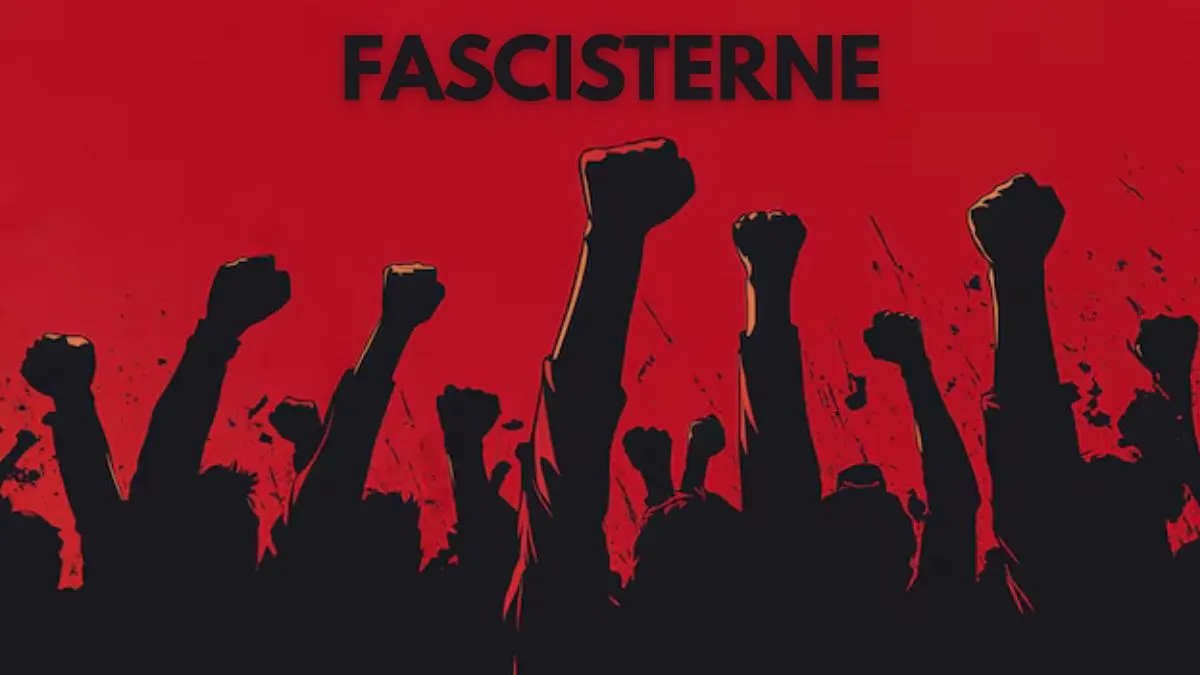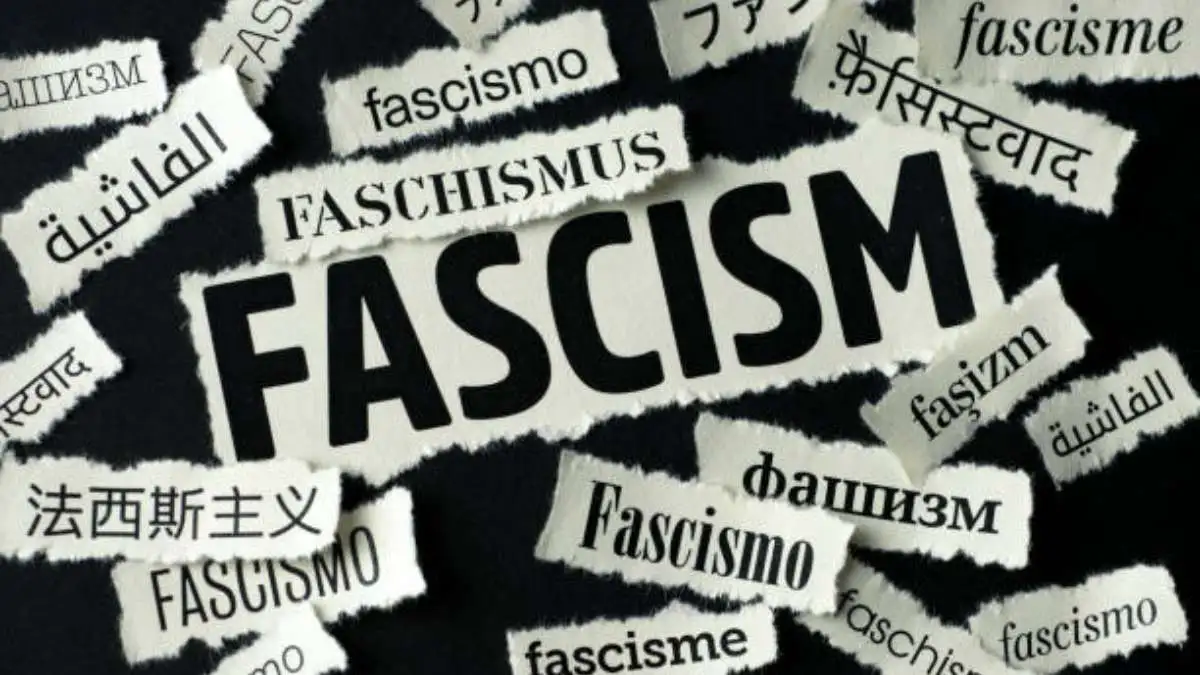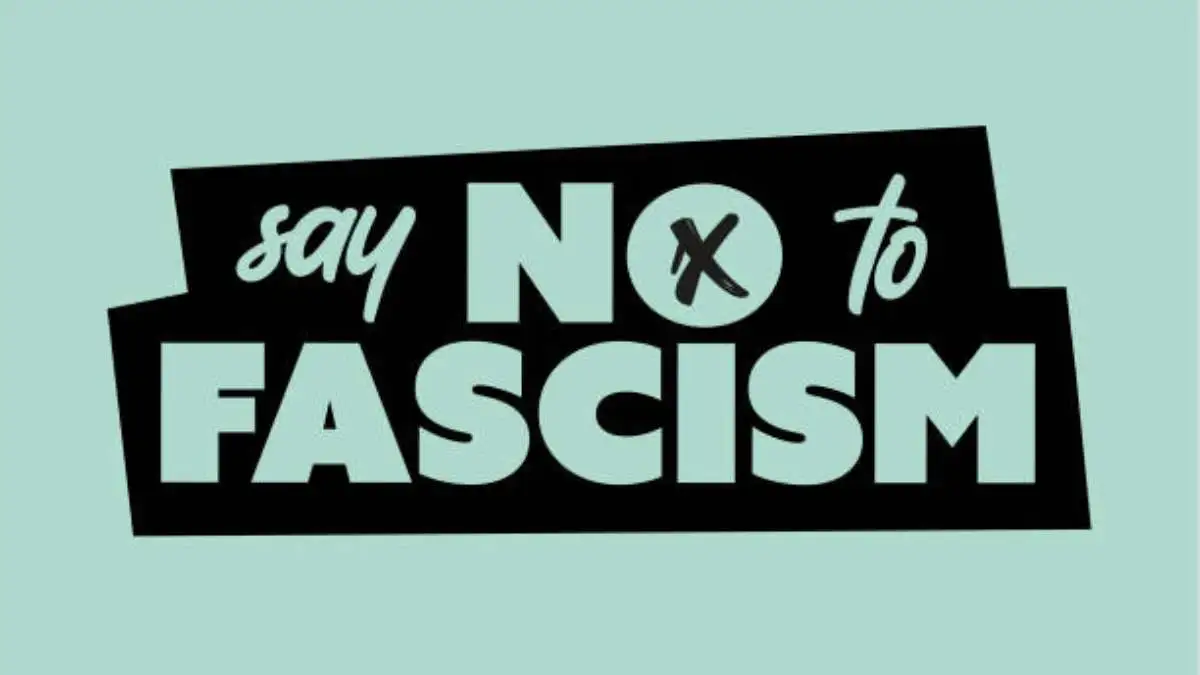NEWS
Fascisterne: Meaning, History & Modern Use in Denmark

Fascisterne is a Danish term that translates to “the fascists” in English. Deeply rooted in political and historical discourse, the term refers to individuals or groups who subscribe to fascist ideology, a form of far-right, authoritarian nationalism that emerged in early 20th-century Europe. The term fascisterne is more than a mere label; it evokes powerful connotations tied to oppression, dictatorial regimes, and the suppression of civil liberties.
The Origins of Fascism: A Global Perspective
Fascism, as a political ideology, originated in Italy under Benito Mussolini after World War I. It quickly spread across Europe, most notoriously adopted by Adolf Hitler’s Nazi regime in Germany. Core elements of fascism include:
- Absolute loyalty to the state
- Authoritarian control by a single leader
- Extreme nationalism
- The suppression of political opposition
- Propaganda-driven media
- Militarization of society
These values stood in direct opposition to democratic principles, civil liberties, and pluralism. The horrors of fascist regimes during World War II, including genocide, war crimes, and aggressive expansionism, remain some of the darkest chapters in human history.

The Ideological Foundations Behind Fascisterne
To understand the implications of calling someone a fascist or, in Danish, en fascist (plural: fascisterne), one must explore the core elements of fascist ideology. Some key characteristics include:
- Authoritarian Leadership: Fascist regimes typically center around a single leader with unchecked power.
- Extreme Nationalism: A belief in national rebirth and supremacy often accompanies fascist rhetoric.
- Suppression of Dissent: Freedom of speech, press, and political opposition are usually eliminated.
- Militarism and Violence: Fascism often glorifies war, using violence to achieve political goals.
- Scapegoating Minorities: Ethnic, religious, or political minorities are often blamed for societal problems.
Fascisterne in Modern Danish Political Discourse
While the term fascisterne is rooted in historical usage, it has found renewed relevance in today’s political conversations both in Denmark and globally. The rise of populist movements, nationalist rhetoric, and far-right parties across Europe has led to increased concern among citizens, academics, and journalists.
In Denmark, political parties or figures perceived to promote xenophobia, anti-immigration policies, or authoritarian tendencies are sometimes criticized using the label fascisterne. This doesn’t necessarily mean these groups identify as fascist, but rather that their ideologies or actions raise concerns reminiscent of fascism’s dark legacy.
Media, Education, and the Role of Collective Memory
Denmark places significant importance on remembering and educating the public about the impacts of fascism. Museums, documentaries, school curricula, and memorials all play a role in ensuring that the horrors associated with fascism during World War II are not forgotten.
Public broadcasters and independent media outlets frequently use the term when discussing far-right extremism, neo-Nazi activity, or threats to democratic values. By contextualizing these issues historically, they help the public understand the dangers of authoritarian ideologies.
How Danish Society Responds to Authoritarianism
Strong democratic institutions, an active civil society, and high levels of political engagement generally characterize Danish society. The memory of Nazi occupation fuels a vigilant stance against authoritarianism and extremism.
Organizations dedicated to human rights, free press, and social equality often lead the charge against emerging trends that echo the ideology of fascism. Public debates, art, satire, and grassroots activism are standard tools used to push back against any perceived erosion of democratic norms.
The Psychological Impact of Being Labeled “Fascisterne”
In Denmark, being labeled part of fascisterne is not only a political accusation, it is also a moral indictment. It associates individuals or groups with some of the most heinous crimes in human history. As such, the label carries intense emotional and social consequences.
This is why political scientists and commentators warn against the misuse or overuse of the term. Responsible discourse requires precision, especially in a digital age where information can be rapidly disseminated and misinterpreted.

How to Recognize and Respond to Fascisterne Today
While traditional fascism may seem like a relic of the past, its ideological descendants persist. Recognizing the early signs of fascism is crucial in preventing its return. These include:
- Demonisation of marginalized groups
- Calls for centralized power or the erosion of checks and balances
- Attacks on press freedom
- Glorification of violence or militarism
- Disinformation campaigns
Citizens, educators, media professionals, and policymakers all share responsibility in countering modern fascism through dialogue, education, legislation, and advocacy.
FAQs
1. Is the term Fascisterne used in Danish law or political classification?
No, it is not a legal term in Denmark, but it is often used in political and historical discussions.
2. Can Fascisterne refer to modern political parties in Denmark?
While not officially, some critics use the term informally to describe parties with authoritarian or ultra-nationalist tendencies.
3. Is calling someone part of Fascisterne considered defamatory in Denmark?
Yes, depending on context, such labelling can be seen as defamatory and provoke legal or social consequences.
Conclusion
The term fascisterne is not one to be used lightly. It encapsulates a dark chapter in human history and serves as a warning against the repetition of past mistakes. In today’s political climate, where democratic values are sometimes challenged, the importance of understanding and using the term with care cannot be overstated.
While it may be used to criticize modern authoritarian tendencies, it must be backed by factual analysis and historical awareness. By doing so, societies like Denmark can uphold the values of democracy, tolerance, and freedom that stand in direct opposition to everything fascist represents.
-

 BIOGRAPHY9 months ago
BIOGRAPHY9 months agoBehind the Scenes with Sandra Orlow: An Exclusive Interview
-

 HOME1 year ago
HOME1 year agoDiscovering Insights: A Deep Dive into the //vital-mag.net blog
-

 HOME1 year ago
HOME1 year agoSifangds in Action: Real-Life Applications and Success Stories
-

 BIOGRAPHY1 year ago
BIOGRAPHY1 year agoThe Woman Behind the Comedian: Meet Andrew Santino Wife




























